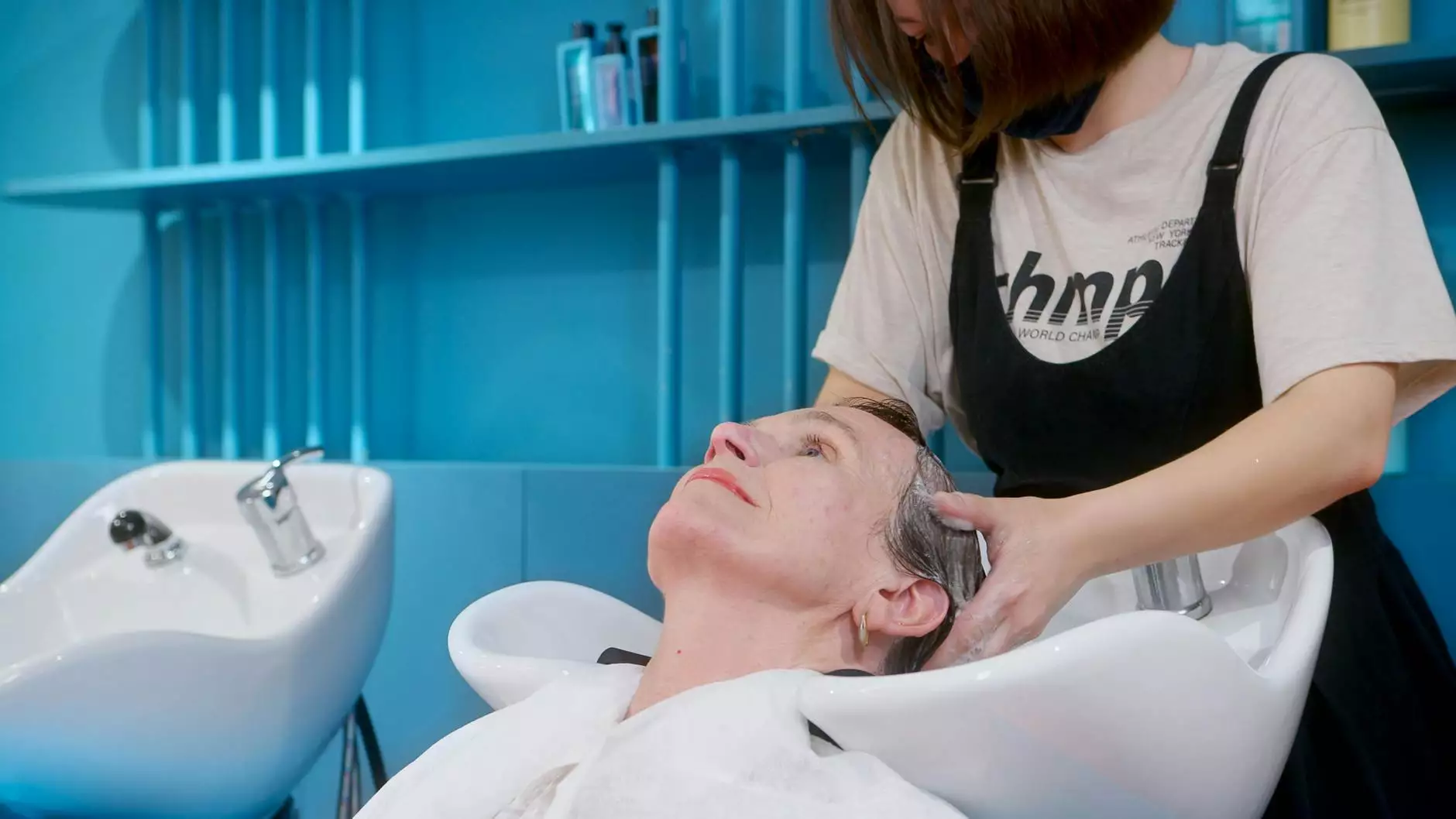The Ultimate Guide to Salon Suite Lease Agreements

The beauty and wellness industry is booming, with countless professionals seeking a place to hone their craft and serve their clients. If you're a stylist, therapist, or beauty expert, navigating the world of salon suite lease agreements can be both exciting and daunting. This comprehensive guide will delve into the various aspects of lease agreements that are crucial for building a successful business within a salon suite.
Understanding the Parties Involved in the Lease Agreement
A well-drafted salon suite lease begins with a clear definition of the parties involved. This typically includes the landlord, who usually owns the salon or suite, and the tenant, who is the stylist or business owner renting the suite. Let's explore what makes a good identification of these parties:
- Legal Names: Ensure that the full legal names of both parties are clearly stated.
- Contact Information: Include phone numbers and email addresses for easier communication.
- Business Entities: If either party is a business entity, include the business name, type (LLC, Corporation, etc.), and any relevant registration details.
Defining the Premises
The premises refers to the specific salon suite being leased. This section should include critical details such as:
- Address: Clearly state the complete address of the salon suite.
- Suite Number: Specify the exact suite number to avoid any confusion.
- Common Areas: Outline any designated common areas that tenants will have access to, like waiting areas or restrooms.
Setting the Lease Term: Duration and Renewal Options
Lease terms are essential for establishing the length of time the tenant will occupy the salon suite. Common terms include:
- Duration: Lease agreements may be set for a specific duration, often ranging from six months to multiple years.
- Month-to-Month Options: Some landlords offer flexibility with month-to-month agreements, allowing tenants to maintain more control over their commitment.
- Renewal Options: Clearly outline any options for renewing the lease, including notice requirements and conditions that may affect renewal.
Financial Aspects: Rent and Security Deposit
One of the most critical components of a salon suite lease is the financial obligations of the tenant. This includes:
Rent Details
- Rental Amount: Clearly specify the amount to be paid monthly.
- Payment Methods: Include acceptable payment methods (credit card, check, direct deposit).
- Due Dates: State specific due dates for rent payments to avoid confusion.
- Late Fees: Detail any penalties for late payments to encourage timely payment.
Security Deposit
The security deposit is an essential safeguard for landlords. Key aspects to cover include:
- Deposit Amount: Indicate how much the security deposit will be.
- Conditions for Return: Clearly outline the conditions that must be met for the return of the deposit, including potential deductions for damages.
Utilities and Maintenance Responsibilities
Understanding who is responsible for utilities is crucial for both landlords and tenants:
Utilities
- Responsibilities: Specify who will pay for utilities such as electricity, water, and internet.
- Shared Costs: If utilities are shared, outline how those costs will be handled.
Maintenance and Repairs
Both parties should understand their responsibilities when it comes to maintenance:
- Landlord’s Responsibilities: Generally, the landlord is responsible for structural repairs and common areas.
- Tenant’s Responsibilities: Tenants often are responsible for keeping their suite clean and may be responsible for minor repairs.
Insurance Requirements
Liability insurance is often mandatory in salon suite lease agreements. However, the details might vary widely. Here are key points to consider:
- Liability Insurance: Most landlords require tenants to maintain general liability insurance to protect against injuries or accidents.
- Additional Coverage: Depending on the services offered, additional specialized insurance may be necessary.
Use of Premises: Allowed Activities
It’s essential to clarify the permitted uses of the salon suite:
- Specific Services: The lease should specify what services can be performed (e.g., haircuts, makeup, nail services).
- Restrictions: Limitations on activities that may disturb other tenants or violate local laws should also be outlined.
Modification Rules: Alterations to the Suite
Often, stylists want to customize their space. Here’s how to approach alterations:
- Painting and Decor: Address whether tenants can make aesthetic changes and any necessary approvals needed.
- Permanent Installations: Guidelines should be set around any permanent fixtures, such as sinks or styling stations.
Termination Conditions
Understanding the termination process is vital for both landlords and tenants:
- Notice Requirements: Detail how much advance notice is required to terminate the lease from either party (30 days, 60 days, etc.).
- Grounds for Termination: Include scenarios where immediate termination may be possible, such as failure to pay rent or breach of lease agreements.
Default Clause: Consequences of Non-Compliance
It is crucial to outline the consequences of failing to follow the lease terms:
- Non-Payment of Rent: Specify what will happen if rent is not paid on time.
- Other Breaches: Detail the impact of other breaches of the lease terms and the potential for eviction.
Indemnification and Liability
Indemnification provisions are critical in protecting landlords and tenants from potential liabilities:
- Tenant’s Agreement to Indemnify: Tenants may agree to indemnify the landlord against liabilities arising from their use of the premises.
Governing Law and Miscellaneous Provisions
Finally, it’s important to clarify the legal framework governing the lease:
- Governing Law: Specify the local laws that will apply to the lease agreement.
- Dispute Resolution: Include any procedures for resolving disputes that may arise between the parties.
- Amendments: State how lease modifications will be handled and documented.
Conclusion: Securing Your Salon Suite Lease
The world of salon suite leasing is filled with opportunities for beauty and wellness professionals. Understanding the key components of a salon suite lease agreement can empower you to create a thriving business. Whether you're renting a suite in a bustling salon or a quaint beauty space, having a sound lease will promote a harmonious environment conducive to creativity and client satisfaction. Ensure that your lease reflects your needs and protects your interests as you embark on your salon journey.
For more insights into the salon business and lease agreements, explore optimasalons.com for helpful resources and tools tailored to beauty professionals.









